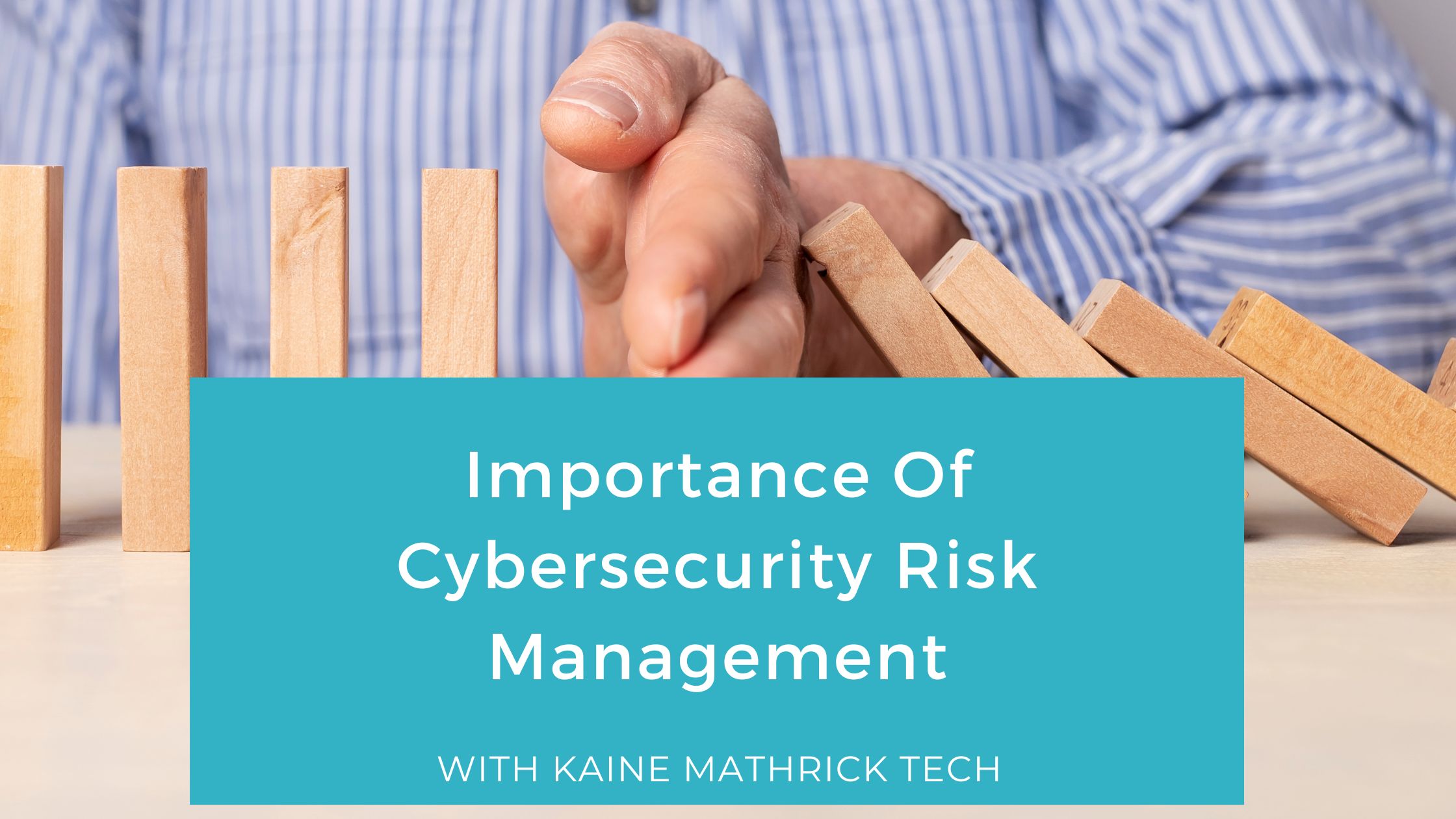A Detailed Guide to Understanding the Importance of Risk Management
A Detailed Guide to Understanding the Importance of Risk Management
Blog Article
Exploring the Value of Risk Management for Effective Decision-Making Approaches
In the elaborate globe of business, Risk Management emerges as a vital element in the decision-making procedure. The capability to identify prospective risks and opportunities, and strategize appropriately, can mean the difference in between success and failing.
Recognizing the Principle of Risk Management
Risk Management, a crucial element in decision-making, is commonly misconstrued or oversimplified. Typically, it describes the recognition, assessment, and prioritization of threats to lessen, keep track of, and control the possibility or effect of unfavorable events. It's not just concerning avoiding negative outcomes, yet additionally about acknowledging potential opportunities. Risk Management includes disciplined and structured strategies, using information and insightful analyses. It needs a thorough understanding of the company's context, goals, and the potential dangers that could prevent them. From financial unpredictabilities, lawful responsibilities, calculated Management mistakes, to mishaps and natural disasters, it attends to numerous risks. Importantly, efficient Risk Management is not stationary; it's a constant, forward-looking procedure that progresses with altering conditions.
The Function of Risk Management in Decision-Making Processes
In the realm of calculated preparation and business operations, Risk Management plays an indispensable function in decision-making procedures. Risk Management therefore comes to be a vital device in decision-making, assisting leaders to make enlightened choices based on an extensive understanding of the risks involved. Risk Management serves as an essential element in the decision-making procedures of any kind of company.

Exactly How Risk Management Improves Strategic Preparation
In the context of tactical preparation, Risk Management plays a crucial function. Launching with the identification of prospective threats, it better includes the implementation of Risk reduction steps. The function of Risk Management is vibrant but not static, as it demands constant tracking and adjusting of approaches.
Determining Prospective Risks

Implementing Risk Mitigation
Risk mitigation strategies can vary from Risk avoidance, Risk transfer, to risk decrease. Each method needs to be tailored to the specific Risk, considering its prospective impact and the company's Risk resistance. Efficient Risk mitigation needs a deep understanding of the Risk landscape and the Recommended Reading prospective effect of each Risk.
Tracking and Changing Approaches
Though Risk mitigation is an important step in tactical planning, constant surveillance and modification of these methods is similarly crucial. It also gives a possibility to review the success of the Risk Management actions, allowing changes to be made where essential, further improving critical planning. Surveillance and adjusting Risk Management techniques is a critical part for enhancing an organization's strength and critical planning.
Instance Researches: Effective Risk Management and Decision-Making
In the globe of company and financing, successful Risk Management and decision-making frequently serve as the columns of flourishing enterprises. These cases highlight the worth of sharp Risk Management in decision-making processes. These cases underscore the critical duty of Risk Management in critical decision-making.
Devices and Strategies for Reliable Risk Management
These devices, such as Risk registers and heat maps, help in recognizing and evaluating prospective dangers. Risk action methods, a key component of Risk Management, involve approving, staying clear of, transferring, or mitigating dangers. With these devices and techniques, decision-makers can navigate the facility landscape of Risk Management, consequently assisting in informed and effective decision-making.
Future Fads in Risk Management and Decision-Making Strategies
As we explore the large landscape of Risk Management, it comes to be obvious that the devices and strategies utilized today will certainly proceed to evolve. Future patterns aim in the direction of an enhanced dependence on innovation, with synthetic knowledge and machine understanding playing significant roles. These innovations will allow organizations to anticipate potential threats with better accuracy and make more enlightened choices. In you could try here addition, there will certainly be a growing emphasis on durability, not just in handling threats yet also in jumping back from damaging situations. The concept of Risk society, where every participant of a company is conscious and involved in Risk Management, will acquire a lot more prominence. These trends herald an even more aggressive and comprehensive method towards Risk Management and decision-making.
Conclusion

Risk Management thus ends up being a crucial device in decision-making, helping leaders to make educated choices based on a thorough understanding of the risks entailed. Risk mitigation approaches can range from Risk evasion, Risk transfer, to take the chance of reduction (importance of risk management). Reliable Risk mitigation needs a deep understanding of the Risk landscape and the prospective effect of each Risk. Risk feedback approaches, a key component of Risk Management, entail approving, preventing, transferring, or mitigating dangers. The concept of Risk culture, where every participant of browse around this web-site a company is aware and entailed in Risk Management, will certainly acquire more prestige
Report this page